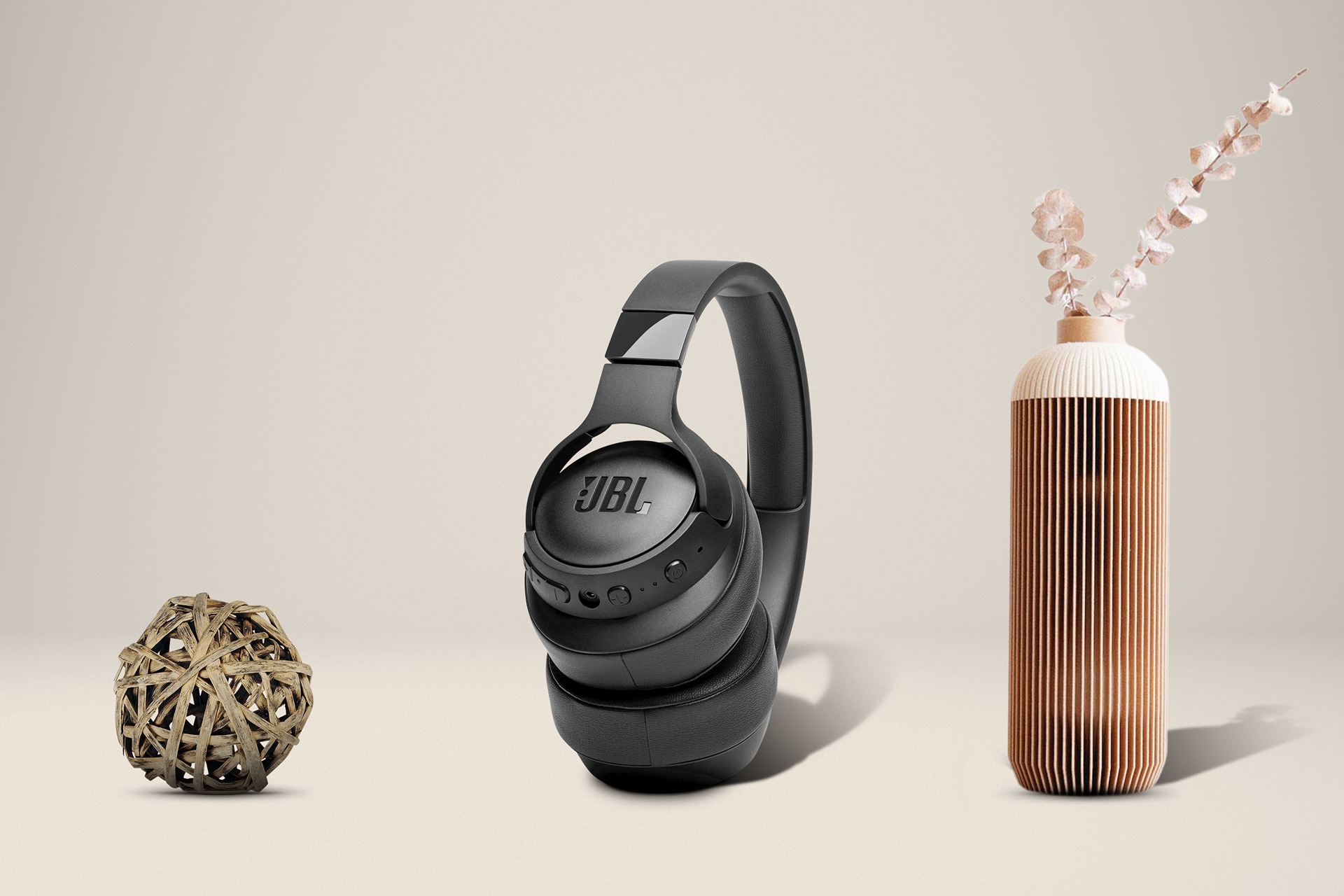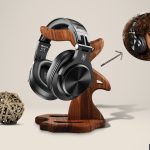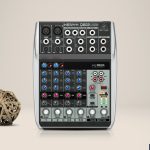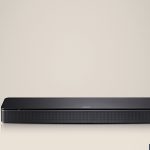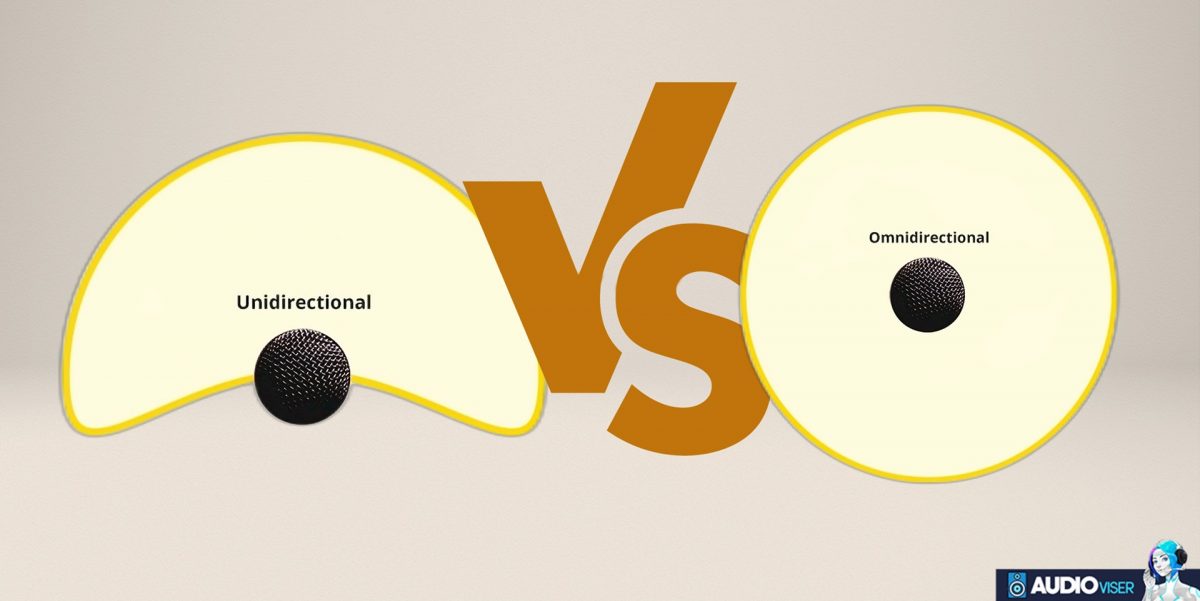
When it comes to microphones, we may consider that they are simply devices that carry our voice without doing anything revolutionary.
Well, it’s not that simple because microphones come in a variety of styles, shapes, and uses.
Compared to the microphone you use for your games, a professional microphone is much better than you might think.
The phrases “omnidirectional” and “unidirectional” will come to mind once you understand more about microphones.
In order to simplify and make things clearer for you, I will go into more detail on omnidirectional vs. unidirectional Modmic in today’s article.
What Is Modmic: Definition
As you can see, we’re not just talking about microphones in general; instead, the topic of the day is Modmics.
Therefore, let’s first define Modmic and what it means before outlining the differences between omnidirectional and unidirectional technology.
You can have a terrific pair of headphones that sound amazing and are comfy, but something is still lacking.
What is lacking is a microphone. To be able to do more than just listen, you definitely want them to have a microphone.
That’s when ModMic comes into play.
A ModMic is a microphone that plugs into your computer, laptop, or game console and is connected to headphones.
Because it is easily detachable, you can carry your headphones wherever with you by simply taking the ModMic off and putting it in its case.
What I like besides the portability here is that they are really versatile and can easily work with any pair of headphones, since the main source of their connectivity is your PC and not the headsets themselves.
They go even further than that now that modern technology even offers them in a wireless way with more features.
How does a Microphone Work?
Microphones are all transducers, despite their diversity and multiple uses. Simply put, they transform sound waves into electrical signals.
A thin diaphragm is moved by sound waves striking it; the diaphragm is surrounded by a magnet and coupled to a coil, and when a magnetic field is created around the coil by the magnet, the coil is moved by the sound waves, producing an electrical current (sound signal).
Microphones: Omnidirectional vs. Unidirectional
Now that we have everything sorted out on what a Modmic is and what microphones actually do, it is time to move to the main topic and the reason why we are here.
Omnidirectional
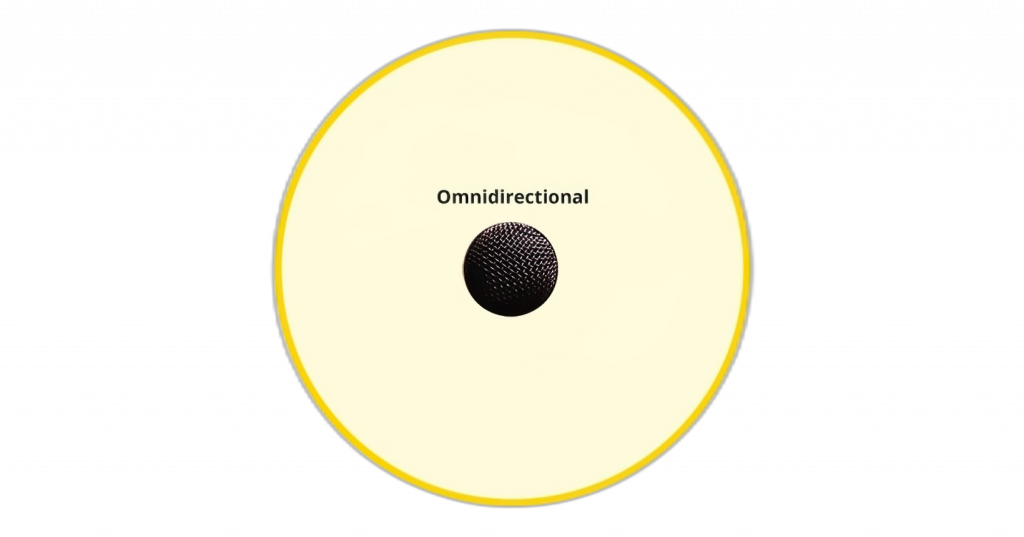
Omni is a known word to many of us, and just by knowing the definition of Omni, you can tell where this is going.
Anyway, the Omni words come from the Latin language which means “all”
With that being said it means that this way the microphone captures the sound equally across all directions, be it from behind in front, or on the sides, so yeah it will record all signals.
Television programs and concerts frequently employ omnidirectional microphones, meaning that they mostly will be found in surround sound environments.
Omnidirectional microphones are usually regarded as a superior alternative due to their reduced wind noise, less popping, lack of proximity effect which does not boost the bass, reduced handling noise, and ability to be used either upside-down or right-side-up.
Unidirectional
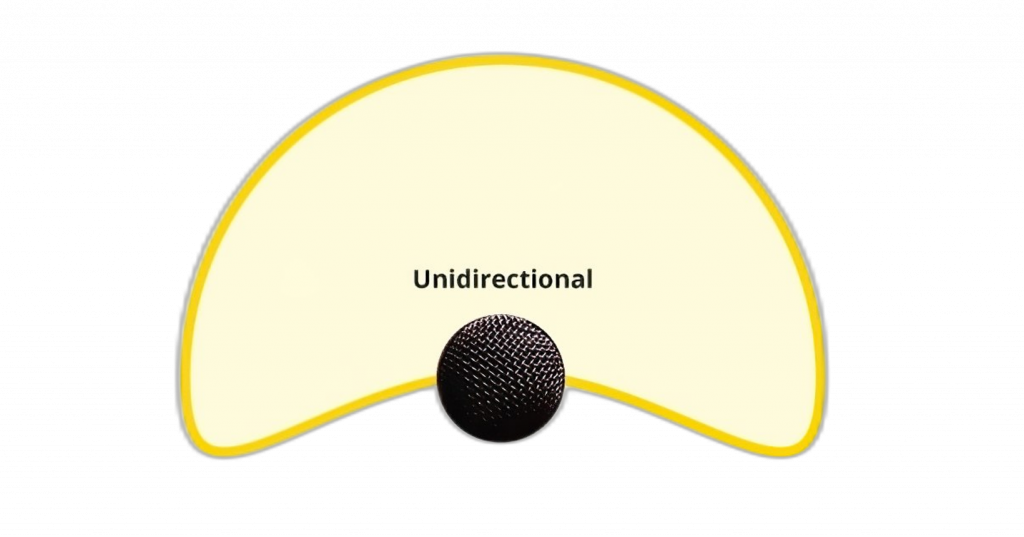
Unidirectional microphones, on the other hand, operate somewhat differently but otherwise mean the “same thing”
The Latin term “Uni” literally translates to “one,” hence the orientation of the microphone is understood.
These microphones, also referred to as directional microphones, operate in a way that only picks up sound coming from a single direction. The rear side receives very no picking, while the sides receive a small amount.
With that said, we realize that using a unidirectional is more difficult than using an omnidirectional. Using a unidirectional mic typically requires some level of expertise and experience.
An omnidirectional microphone typically produces less accurate channel separation than a directional microphone. Omni microphones capture sound from all directions, which explains why.
Therefore, the ratio of indirect to direct sound with omnidirectional microphones may be disappointing if channel separation is needed.
When Should They Be Used?
So with all that being said, we concluded a few things on our own.
Unidirectional microphones being harder to use and at the same time more accurate means that they will benefit live recordings or professional use in general.
On the other hand, an omnidirectional is great for overall use, be it podcasting, streaming, and such.
In a nutshell, Omnidirectional microphones are perfect for:
- Recording In Stereo Way
- Recording Wide Sound Source
- Podcasting
- Television
- For Moving Targets
In a nutshell, Unidirectional microphones are perfect for:
- Professional Use
- Live Performances
- Capturing sound in Specific Rooms
- It blocks out Unwanted Sound
Is ModMic Worth It?
Before I move to final words, I thought of touching down particularly on this topic since I think a lot of you guys are wondering the exact thing.
Well, they are good, but as with every device, they have their drawbacks.
One of them is that they will never be able to match the performance of a dedicated microphone, but that’s also understandable since those microphones are made to be portable and for easy and fast use.
So yeah, they are decent. That’s all I can say. If you are someone who doesn’t take things too seriously and just wants a mic for their headset when streaming, it can be a great choice that you should consider.
Just be aware of the painful price they come with.
Final Words
This pretty much concludes everything. I hope I was clear and managed to give you a good overall insight regarding Modmics and the omnidirectional and unidirectional setups.
So like always, don’t be hasty with your purchase. Do your homework and then carry on.
Prior to buying a microphone, look at your budget and what you’re dealing with. If it is something professional, be ready to spend some cash on it. If it is the opposite, you will be fine with the most offered on the market.
This is it, until next time, Enjoy!
Further Reading
Check the best soundstage headphones. You can also check the best speakers for dialogue clarity, or if you are a sports man, check the best headphones for basketball.
Audio Engineer
You’ll never find anyone more passionate about audio as me. I love to share my knowledge with others and help people find the right equipment for them.

